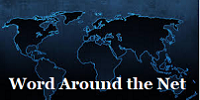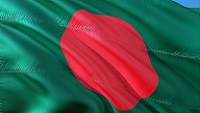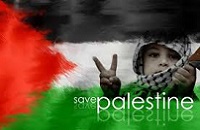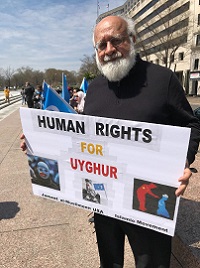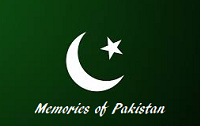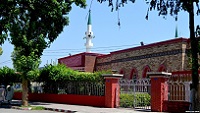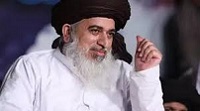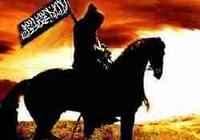And hold fast, all of you together, to the Rope of Allaah (i.e. this Qur'aan), and be not divided among yourselves, and remember Allaah's Favour on you, for you were enemies one to another but He joined your hearts together, so that, by His Grace, you became brethren (in Islamic Faith), and you were on the brink of a pit of Fire, and He saved you from it.
Thus Allaah makes His Aayaat (proofs, evidences, verses, lessons, signs, revelations, etc.) clear to you, that you may be guided.
[Source ~ 'Qur'aan'~ Aal-'Imraan 3: A #103]
Prophet صلى الله عليه و سلم said...
"The Qur'aan is the strong Rope of Allaah and it is the Wise Remembrance and it is the Straight Path.
And it is what the tongue cannot deviate from. And no matter how much it is repeated it cannot be worn out (by being read too much) and the 'Ulamaa' (scholars) do not get enough of it."
Ibn 'Abbaas رضي الله عنهم said...
"Holding on to the Rope of Allaah is holding on to the Deen of Allah."
Ibn Mas'ood رضي الله عنه said:
"It is the Jama'ah" and he said "and upon you is to hold on to the Jama'ah as it is the Rope of Allaah that He has ordered us with and this holding fast together is better than being apart."
Ibn Mas'ood رضي الله عنه and others also said...
"It is the Qur'aan."
in a narration from Ibn Mas'ood رضي الله عنه ...it is reported that the
Prophet ~ صلى الله عليه و على آله و سلم said:
"The Qur'aan is the Rope of Allaah and it is the Light which guides and it is the Medicine that is beneficial and it is what protects from destruction."
Ibnul Qayyim رحمه الله said:
"Holding on to the Rope of Allaah is security from misguidance and holding fast to Allaah Himself is security from destruction."
"And remind by preaching the Qur'an, O Mohammad for verily, the reminding profits the believers."
[Qur'an~Surat: Adh-Dhariyat~ 51 Ayah # 55]
~My 'Salaams' to all~
~ Y a s m i n ~


